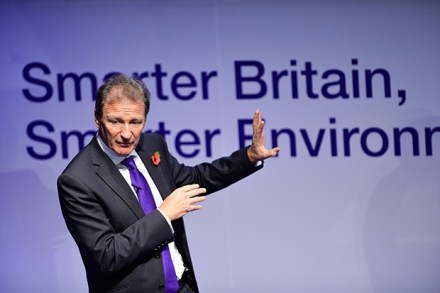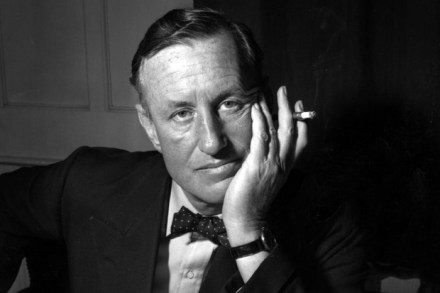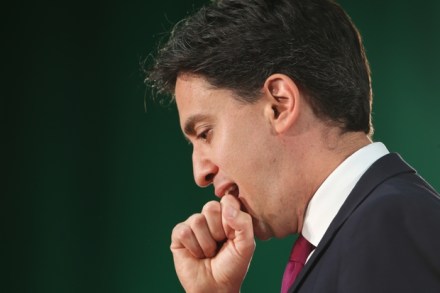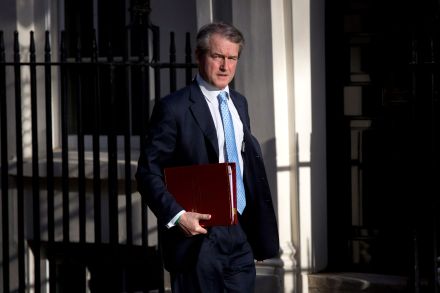Smart technology for a cleaner, greener future
Ahead of the Paris climate conference, there is intense focus on the carbon policies of governments around the world. To reduce global warming, we need to find cleaner ways of generating electricity. But we also need to think about how we transmit energy across smarter grids, and how we use the energy we already produce more efficiently. Measures to secure supply and manage demand are equally important. Both were covered in depth at our ‘Smarter Britain, Smarter Environment‘ event earlier this month. Top speakers – Lord (Gus) O’Donnell, Jonathon Porritt CBE, Sara Bell, Robert Denda and Lord Bourne – considered what was described by Porritt as ‘the biggest challenge humankind




















